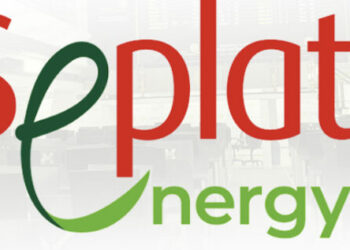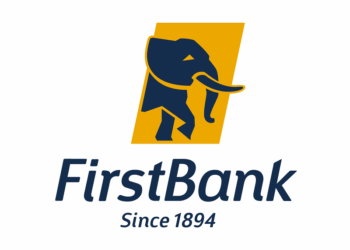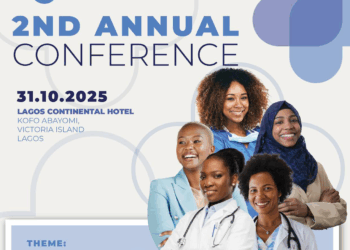The Chamber of Industry and Commerce (IHK) Giessen-Friedberg, Germany, has restated its commitment to deepening vocational education, entrepreneurship, and institutional capacity in Nigeria through sustained bilateral cooperation and private sector partnerships.
Dr. Matthias Leder, Chief Executive Officer (CEO) of IHK Giessen-Friedberg, made this known during a virtual media conference, where he highlighted the chamber’s long-standing collaboration with Nigerian institutions spanning two decades.
According to Leder, the partnership has yielded measurable progress in vocational training and private sector development since 2005, with over 600 Nigerians directly benefiting from its intervention programmes. He noted that the cooperation gained momentum under the leadership of Nigeria’s former Minister of Information and Culture, Alhaji Lai Mohammed, whose diplomatic efforts helped elevate the bilateral relationship to a strategic level.
“The IHK has undertaken two official missions to Nigeria annually over the last two years, while Nigerian delegations have equally participated in our international business conference, The World Meets in Giessen, which brings together entrepreneurs, policymakers, and development experts from across continents,” Leder said.
He explained that the ongoing visit of the IHK delegation to Nigeria aims to consolidate existing achievements and explore new areas for collaboration. Discussions, he said, were ongoing with key ministries, including Labour and Employment, Youth Development, Education, Foreign Affairs, Budget and Economic Planning, and Industry, Trade and Investment, to strengthen the framework for long-term cooperation.
Leder recalled that the Vocational Training Partnership Project (BBP), implemented from 2012 to 2018 in collaboration with the Abuja Chamber of Commerce and Industry (ACCI), and other partners such as the Lagos Chamber of Commerce and Industry (LCCI), Ogun State Chamber (OGUNCCIMA), the Manufacturers Association of Nigeria (MAN), and the Nigerian-German Business Association (NGBA), helped institutionalise the dual vocational training model in Nigeria.
“The project bridged the gap between classroom learning and practical industry experience, improving employability and productivity among young Nigerians,” he said.
He further revealed that the renewed Chamber Partnership Project (KVP), reintroduced in 2023, focuses on strengthening local chambers through digitalisation, advocacy, and new member services such as business management training, access to finance, and women entrepreneurship programmes.
Looking ahead, Leder disclosed plans for the German-Nigerian Hospitality Training Project, slated for inauguration in 2025, which will provide young Nigerians with structured professional training opportunities in Germany’s hospitality sector. The programme will include language and intercultural orientation followed by apprenticeships in Germany.
He added that IHK’s institutional enrichment model aims to empower Nigerian chambers to manage vocational training and certification services while generating revenue through modest business levies.
“These initiatives are designed to enhance youth employability, boost workforce skills, and strengthen Nigeria’s overall economic productivity,” Leder noted.
He described the Nigeria–Germany cooperation as a model of sustainable international partnership built on innovation, skills development, and shared prosperity, adding that vocational education remains a cornerstone for inclusive growth and economic stability.



